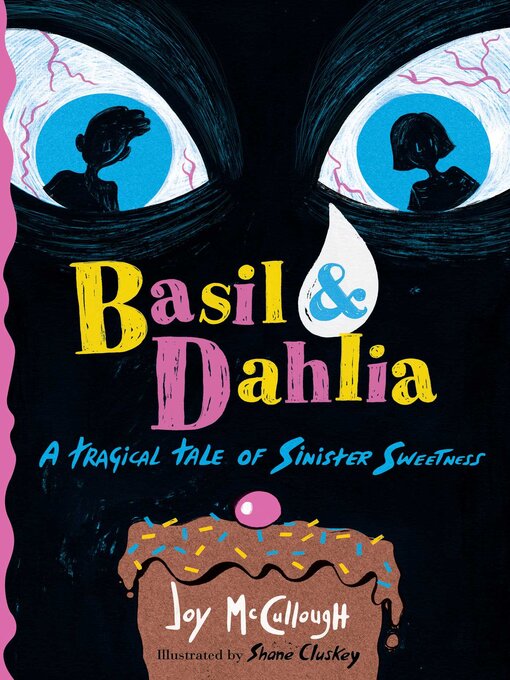- Available now
- New eBook additions
- New kids additions
- New teen additions
- Most popular
- Literary Reads
- Thrill Rides
- Summer Reading
- Try Something Different
- Fairfield What Are You Reading Podcast Titles
- Kids Graphic Novels You May Have Missed
- See all ebooks collections
- Available now
- New audiobook additions
- New kids additions
- New teen additions
- Most popular
- Try something different
- Fairfield What Are You Reading Podcast Titles
- See all audiobooks collections





